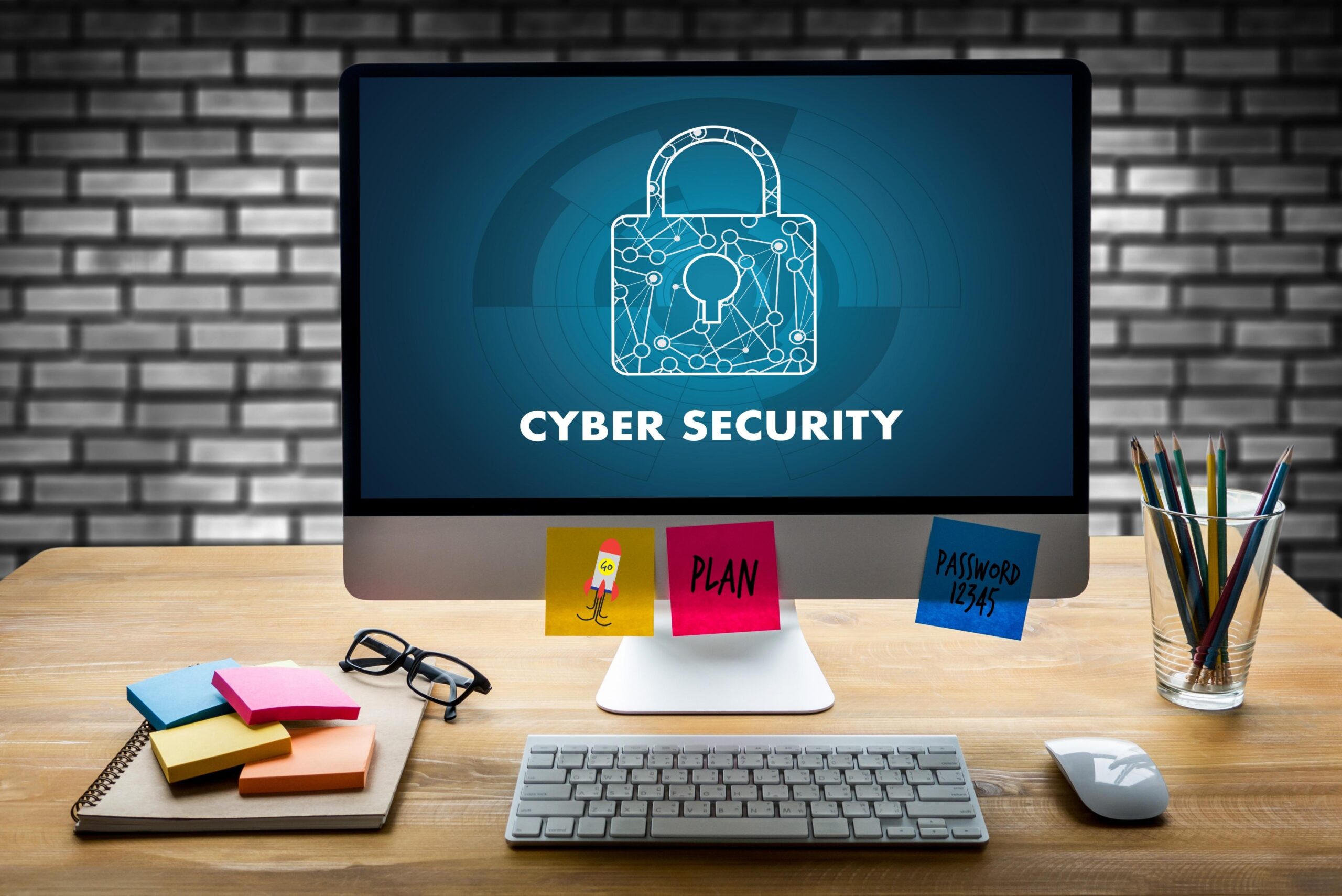In an age dominated by the digital realm, where our personal and professional lives intertwine seamlessly with the online world, safeguarding our digital identities cannot be overstated. Cyber threats, ranging from identity theft to phishing attacks and data breaches, continue to evolve in complexity. Individuals must adopt proactive measures to protect their personal information to navigate this intricate landscape. This comprehensive guide provides an in-depth exploration of the risks associated with the online sphere and offers a plethora of tips to fortify your digital defenses.

Understanding the Risks:
The Pervasiveness of Cyber Threats
The internet, a gateway to boundless information and connectivity, also serves as a breeding ground for cybercriminals seeking to exploit vulnerabilities. Identity theft, one of the most prevalent threats, can have severe repercussions, including financial loss, reputational damage, and emotional distress. Phishing attacks, wherein criminals deceive individuals into revealing sensitive information, and data breaches that compromise large sets of personal data add to the growing list of online risks.
Tips for Online Safety:
- Use Strong, Unique Passwords
A robust first line of defense involves the use of strong, unique passwords for each online account. Incorporate a combination of uppercase and lowercase letters, numbers, and special characters to create a formidable barrier against unauthorized access.
- Enable Two-Factor Authentication (2FA)
Enhance your security posture by implementing two-factor authentication whenever possible. This additional layer of protection ensures that even if your password is compromised, malicious actors would require a secondary verification step for access.
- Regularly Update Software and Devices
Stay ahead of potential vulnerabilities by keeping your operating system, antivirus software, and applications up to date. Software updates often include critical security patches that address newly identified threats.
- Beware of Phishing Attempts
Exercise caution when interacting with emails, messages, and websites. Verify the legitimacy of communications, especially those requesting personal or financial information. Hover over links to preview their destinations before clicking.
- Secure Your Wi-Fi Network
Protect your home network by setting a strong password and using WPA3 encryption. This prevents unauthorized access to your Wi-Fi, safeguarding against potential intruders.
- Monitor Bank and Credit Card Statements
Regularly review your financial statements for any unusual or unauthorized transactions. Early detection of irregularities allows for swift action in minimizing potential financial losses.
- Limit Personal Information Sharing
Exercise discretion on social media platforms and other online forums. Avoid oversharing personal information, as cybercriminals may exploit such details for malicious purposes.
- Educate Yourself and Others
Stay informed about emerging cybersecurity threats and share this knowledge with friends and family. Awareness is a powerful tool in preventing online attacks and creating a community of vigilant digital citizens.
- Use Virtual Private Networks (VPNs) for Added Privacy
Consider utilizing a Virtual Private Network (VPN) to encrypt your internet connection. This additional layer of security enhances privacy, especially when accessing public Wi-Fi networks.
- Regularly Back Up Your Data
Protect your valuable data by establishing a regular backup routine. This ensures that even in the event of a ransomware attack or hardware failure, you can restore your information without compromising its integrity.

As we continue to navigate the ever-expanding digital landscape, the responsibility to secure our online presence rests squarely on our shoulders. By integrating these comprehensive tips into our online habits, we fortify our defenses against the myriad cyber threats that lurk in the virtual shadows. Online safety is not a one-time consideration but a continuous effort to adapt and evolve alongside the dynamic nature of cyber threats. Empower yourself with knowledge, stay vigilant, and cultivate a digital environment where security is a shared priority. In doing so, you contribute to creating a safer and more resilient online community for everyone.





Leave a Reply